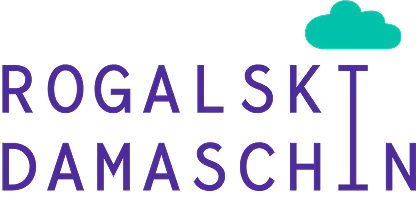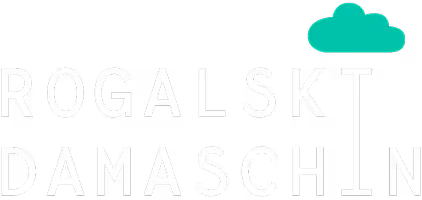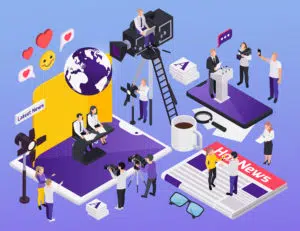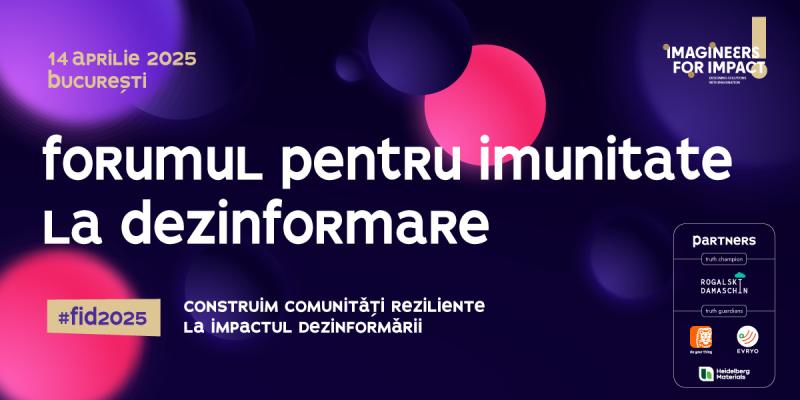We are offering 2 scholarships at #TalentBet for August
At the end of the summer we are supporting the future of the communication industry by offering 2 scholarships for talented people who sign up for the August edition of #TalentBet, the career accelerator organized by The Alternative School in August.
Blog
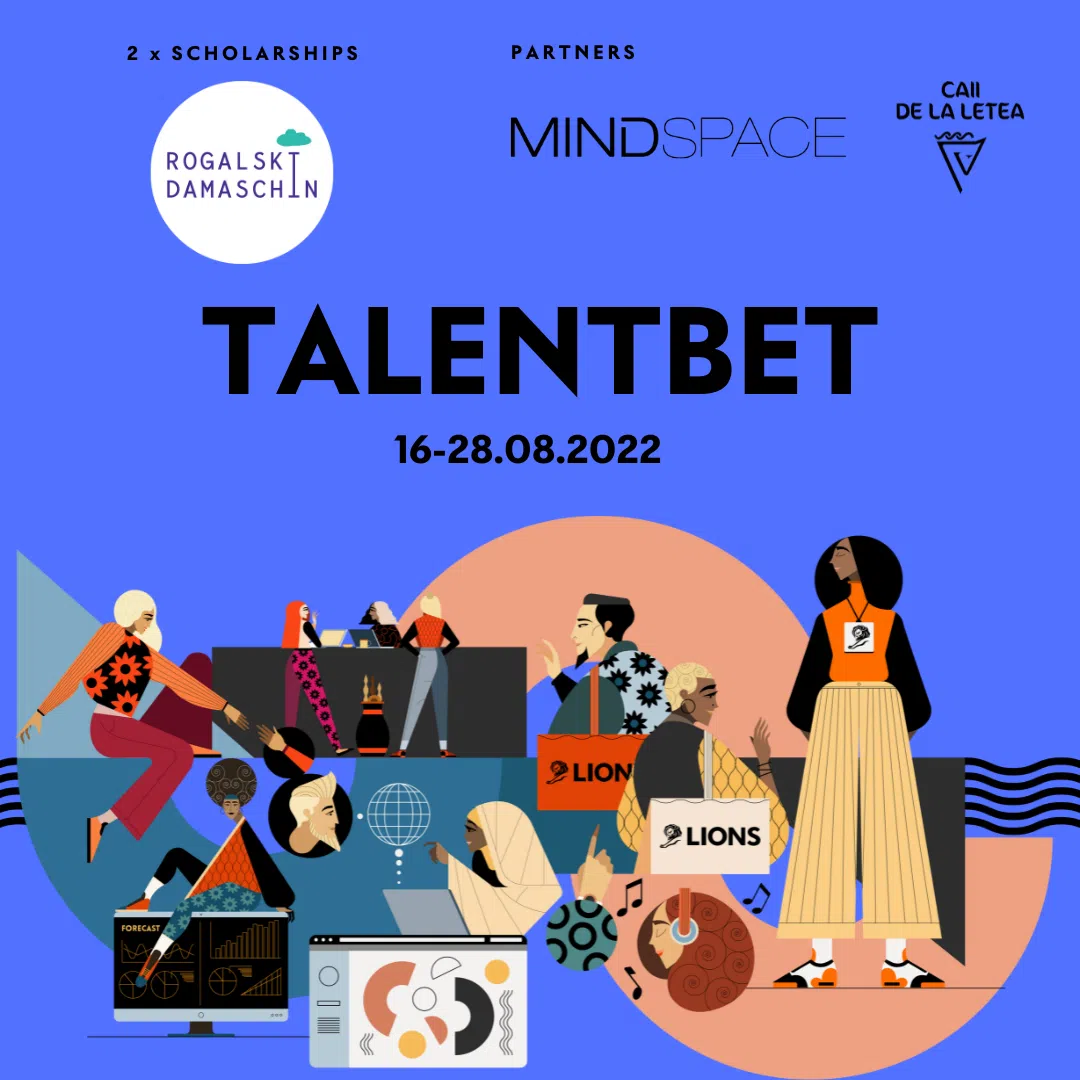
Can Artificial Intelligence replace the specialist in communication and public relations?
- Artificial Intelligence can automate repetitive tasks in the field of public relations.
- The risks of using AI in PR include a lack of authenticity and the potential for spreading fake news.
- AI cannot replace the creativity and strategic thinking of PR people.
What did humanity know about Artificial Intelligence (AI) a few decades ago? In the 1950s, AI was considered a branch of computer science aimed at creating intelligent machines.
Would AI parent John McCarthy have anticipated that in 2023 we would have facial recognition to unlock a phone, autonomous vehicles or chatbots that can write unique texts based on any requirement? AI has evolved so much that we have come to wonder if it will take the place of humans in certain industries. For example, will AI replace public relations specialists?
Smart programs can now write content, answer questions, and provide information. At the end of 2022, the emergence of ChatGPT sparked a series of debates in all corners of the world about its incredible technology, but also about its consequences.
And then the question comes naturally: what does this discovery mean for PR?
What can we do with artificial intelligence in public relations?
Artificial Intelligence-based tools can now be used in public relations to:
- track references about a brand
- Assess your commitment to a brand
- to research and analyze a target audience
- Develop content.
Artificial Intelligence is also being used to automate mundane tasks, allowing public relations professionals to focus on creative tasks and strategic. For example, with the help of AI you can quickly create press releases, blog articles and other types of content useful in our work.
Artificial Intelligence is able to understand a request and generate a text based on the given topic.
AI can also create custom content for different audiences. At the same time, artificial intelligence can be used to develop a database of potential influencers, instead of public relations people who would normally do it manually.
How Does Artificial Intelligence Help Public Relations Agencies?
It is undeniable that the use of technology in public relations has many benefits. This can give agencies a competitive advantage — from creating content faster and more efficiently, to cutting costs, eliminating the need to hire people to do it.
If basic things are automated, PR specialists have more time for creativity, strategies, meetings with journalists or key people in the field.
Artificial Intelligence can help organizations and reach a wider audience. AI has the ability to create content tailored to the target audience or analyze the market to identify trends in a particular industry.
Fears and Disadvantages of Using Artificial Intelligence
Many concerns come from the academic field. Here, the main question was how the use of AI will affect students' ability to think, learn and, implicitly, write essays?
ChatGPT has already passed an MBA exam and another bar exam in the US. In this context, fears of plagiarism may be valid.
But other teachers have embraced technology and want to use it to their advantage, to refine their teaching techniques or to be fairer in grading.
It is a few months since the launch of ChatGPT, and an application has already appeared that can detect texts written by AI — GPTZero. The future will likely include more platforms of this kind.
Do public relations professionals have a reason to fear artificial intelligence?
In the field of public relations, eminently creative, Artificial Intelligence can, over time, lead to a lack of authenticity. That's because the use of AI favors the non-practice of creativity and the human ability to put into context and create emotional bonds.
Another potential danger is the use of AI in the dissemination of fake news or in the manipulation of the general public, very dangerous practices in our field.
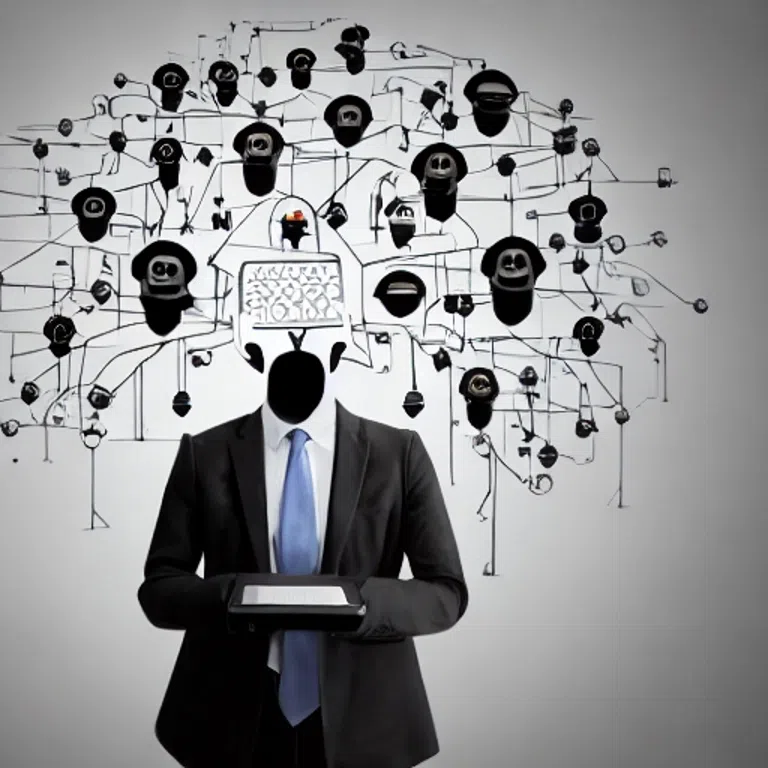
Ethical Implications of Using Artificial Intelligence in PR
The practice of using Artificial Intelligence in public relations is still in its infancy, there is still no clear code of conduct. Is it good to inform customers that we use technology in writing texts? Will they embrace this practice or blame it?
Used moderately and for basic tasks, AI can be beneficial on both sides, saving time and thus increasing productivity in project management or creativity.
Conclusions on the use of AI in public relations
Although Artificial Intelligence has become increasingly powerful, it still has a long way to go until it can completely replace a key public relations man. It is clear for now that AI cannot replace the creativity and problem-solving skills of professionals in the field.
People are essential in creating compelling and creative campaigns that attract customers and drive sales. They have the ability to think beyond the norm and come up with innovative strategies that can help differentiate a company from its competitors.
Artificial intelligence can help automate mundane tasks. However, it can never replace the creativity and strategic thinking of a PR professional. Therefore, it is best to learn to coexist harmoniously with technology and embrace innovation.
Other questions and answers about the use of AI in public relations
- What is the difference between a text created by a PR specialist and one generated by Artificial Intelligence?
A PR specialist adds cultural, emotional and contextual nuances that Artificial Intelligence cannot capture as deeply. AI can generate text quickly and grammatically correct, but authenticity and creativity come from human experience and intuition. - What types of AI-generated content are most at risk of being perceived as artificial?
Especially emotional messages, brand storytelling and creative campaigns. The audience feels the lack of an authentic voice when the text is too generic or lacks cultural context. - What additional investments can occur when a PR agency decides to integrate AI?
Costs for software licenses, training for the team, and implementing cybersecurity solutions so that confidential data is not compromised.
